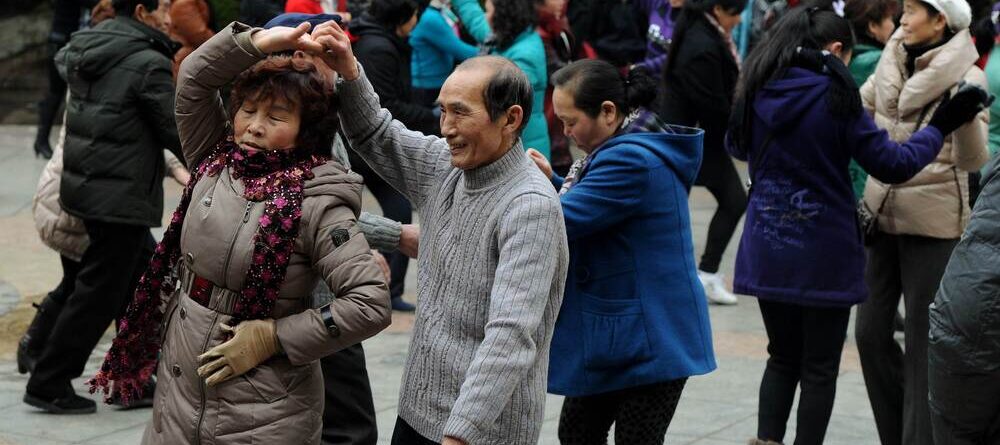China. Flexible model needed for raising the retirement age
The top authorities have said in a recent resolution issued after a top-level meeting that China will gradually raise the statutory retirement age in a prudent and orderly manner.
As one of the important measures to deal with China’s aging society, delaying the retirement age has been an issue of top concern since 2013 when it was first raised. Given that it is closely related to pensions, and also involves the fairness of different groups, the country needs to deal with the issue in a prudent manner. That the top authorities have confirmed the gradual postponement of the statutory retirement age based on a voluntary and flexible approach is regarded as a new top-level consensus reached on this issue.
As pointed out by experts, the “voluntary” principle here shows respect for the individual’s working ability. It means individuals can decide for themselves whether to delay retirement on the basis of their physical, family and working conditions and abilities.
China’s statutory retirement age is 60 years for male workers, 55 for female officials and 50 for female laborers, with the average retirement age of people participating in employees’ pension insurance being less than 55 years, the youngest in the world. This leaves room for a delayed retirement age in China. However, affected by personal choices, work status, physical conditions and other factors, it is indeed difficult to adopt a “one-size-fits-all” model for retirement age. In this sense, delaying retirement by adhering to the principle of “voluntariness and flexibility” will help ease the anxiety of and resistance from relevant parties, reduce the social shock that may arise, and achieve a smooth transition from the current to a later retirement age.
Based on the steady growth and improvement of average life expectancy and national health level, as well as the change of demographic structure and technological advances where machines can replace manual labor, the conditions for delaying the retirement age have ripened in China. While guaranteeing the principle of “voluntariness”, it is also necessary to establish a supporting incentive mechanism.
Delaying retirement age is not just about pensions, but also a significant issue related to people’s livelihoods. While advancing it, the authorities should address the most immediate and realistic issues of people’s greatest concern and constantly meet their yearning for a better life.
Read more @chinadaily











